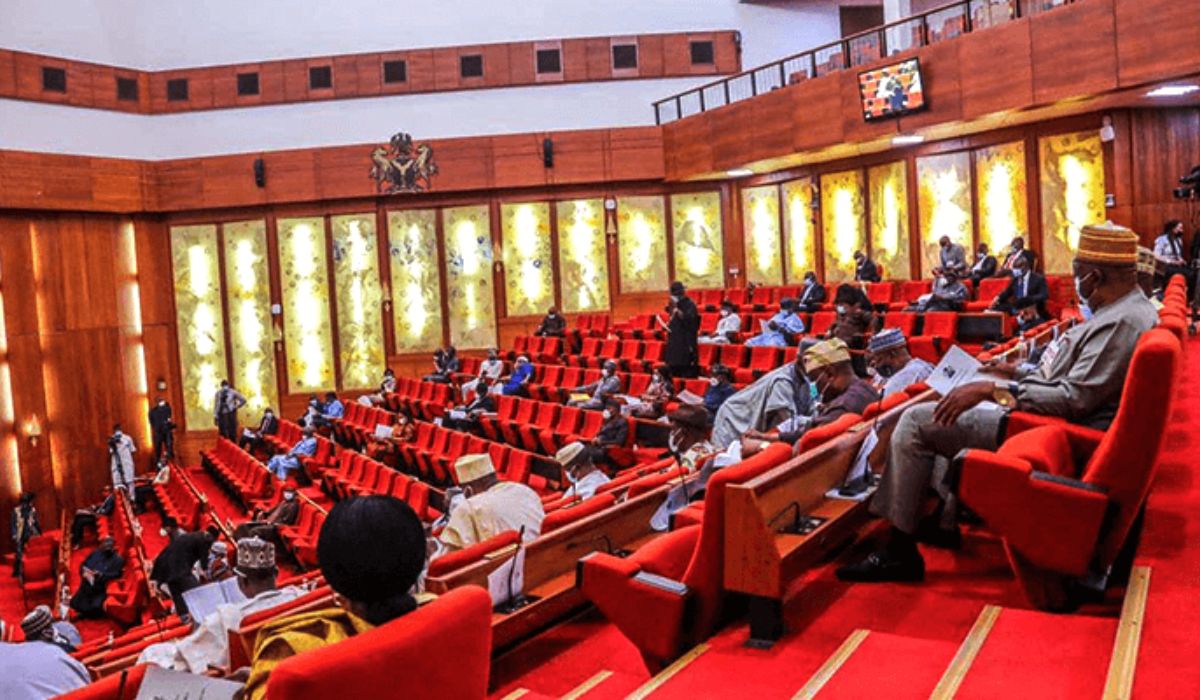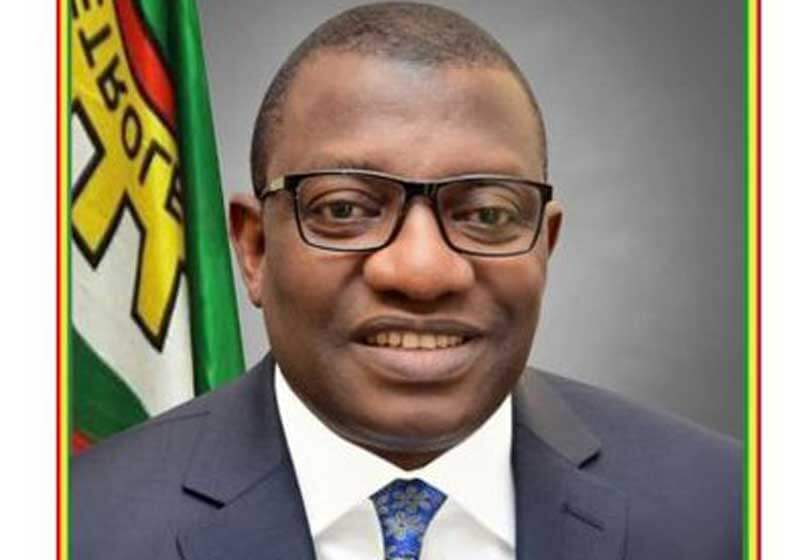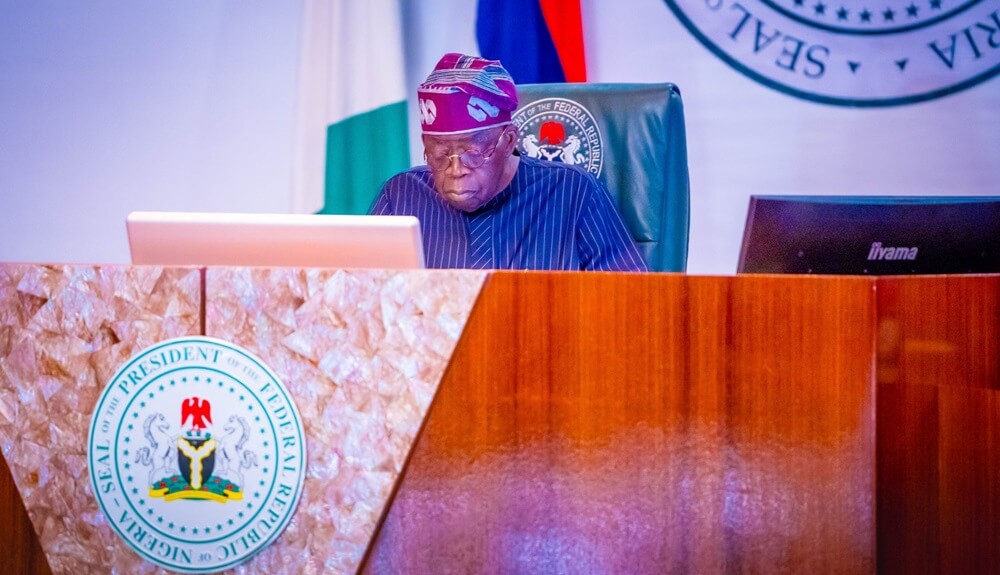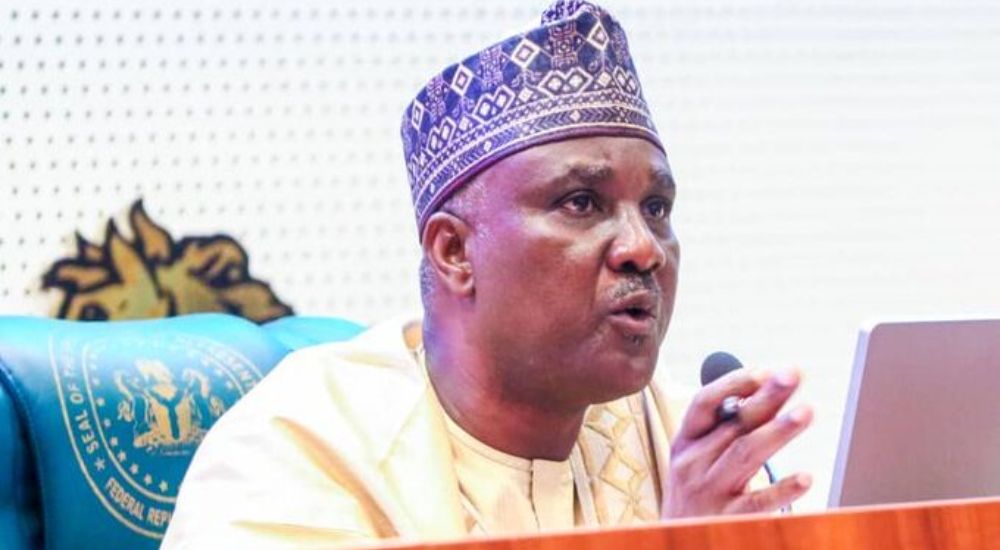N6.93tn: BudgIT Reveals Massive Legislative Insertions in 2025 Federal Budget

A new analysis from BudgIT, a civic organisation dedicated to fiscal transparency, has uncovered that Nigeria’s National Assembly added 11,122 projects amounting to N6.93 trillion to the 2025 federal budget.
This discovery raises significant questions about fiscal responsibility and budget integrity.
This revelation comes months after President Bola Ahmed Tinubu approved the N54.99 trillion budget in February, following its passage by the national assembly.
According to BudgIT’s investigation released Tuesday, these budgetary additions were largely made without adequate justification, potentially compromising national planning efforts and redirecting funds from crucial development initiatives.
The analysis identified several concerning patterns, including 238 high-value projects exceeding N5 billion each (totalling N2.29 trillion) and 984 additional projects worth N1.71 trillion. BudgIT also identified 1,119 projects valued between N500 million and N1 billion, collectively worth over N641 billion, which they describe as arbitrary and politically motivated.
“The insertion of over 11,000 projects worth N6.93 trillion into the 2025 budget by the National Assembly is not just alarming, it is an assault on fiscal responsibility,” said Gabriel Okeowo, BudgIT’s country director. “This trend, increasingly normalised, undermines the purpose of national budgeting, distorts development priorities, and redirects scarce resources into the hands of political elites.”
The research found that 3,573 inserted projects (valued at N653.19 billion) target federal constituencies, while 1,972 projects worth N444.04 billion are designated for senatorial districts.
Among the insertions were 1,477 streetlight initiatives costing N393.29 billion, 538 borehole projects at N114.53 billion, and 2,122 ICT-related projects totalling N505.79 billion. Additionally, N6.74 billion was allocated for “empowerment of traditional rulers.”
BudgIT expressed particular concern that 39 per cent of all insertions—4,371 projects worth N1.72 trillion—were channelled into the Ministry of Agriculture’s budget. This dramatically increased the ministry’s capital allocation from N242.5 billion to N1.95 trillion. Similar inflation through legislative insertions affected other ministries, including Science and Technology and Budget and Economic Planning.
The organisation also highlighted how smaller federal agencies were misused as vehicles for projects outside their scope. For instance, the Nigerian Building and Road Research Institute in Lagos and the Federal Cooperative College in Oji River were tasked with implementing unrelated projects. The Cooperative College was assigned N3 billion for utility vehicles, N1.5 billion for rural electrification in Rivers State, and N1 billion for solar streetlights in Enugu.
“These are examples of agencies operating outside their mandates, managing projects unrelated to their statutory functions, and adding zero value to national development,” BudgIT stated.
Despite formal communications to the Presidency, Budget Office, and National Assembly, BudgIT reported receiving no response from government institutions regarding these findings. “Silence in the face of overwhelming evidence amounts to complicity,” the organisation noted in its statement.
BudgIT is now calling for presidential leadership to reform the budgeting process and ensure alignment with Nigeria’s Medium-Term National Development Plan (2021–2025).
The group has also urged the Attorney General to seek constitutional clarification regarding the National Assembly’s appropriation powers, particularly their authority to introduce new capital projects without executive agreement.
Further, BudgIT called on anti-corruption agencies, including the EFCC and ICP, to investigate these inserted projects and monitor public funds to ensure accountability.
“Nigeria cannot afford to run a government of projects without purpose. We urgently need transparency, constitutional clarity, and a return to evidence-based planning that puts citizens, not politics, at the centre of the budget,” Okeowo said.
The organisation emphasised the need for civil society, media outlets, development partners, and citizens to demand reform, stating that this issue extends beyond financial mismanagement to fundamental questions of justice, equity, and accountable governance.



